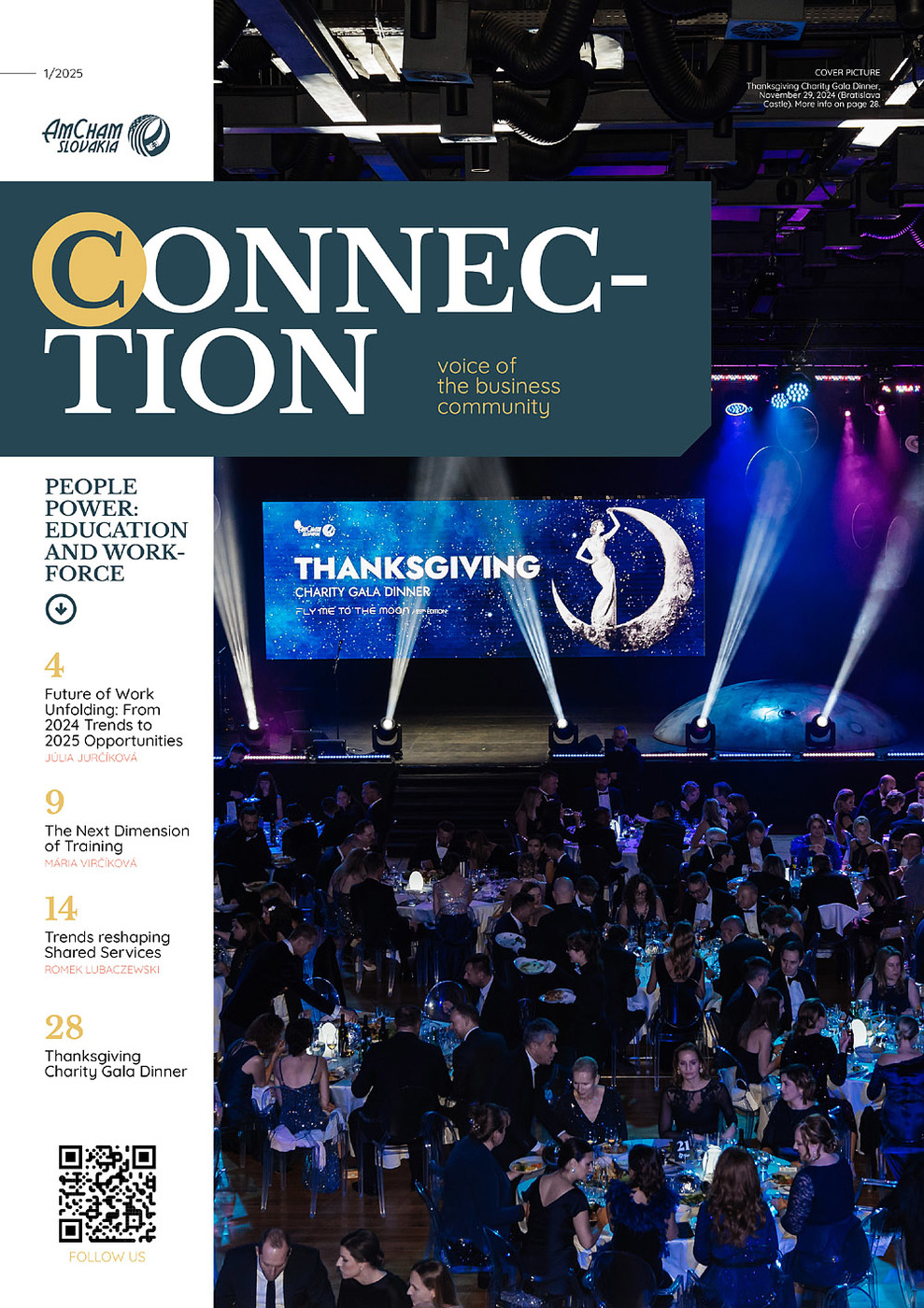 Employers play a key role in the development of their employees. They provide access to essential training programs, courses, workshops, and certifications that focus on both technical and soft skills. Additionally, they foster a stimulating environment and a culture of continuous learning by supporting knowledge-sharing through internal seminars, mentoring programs, and collaborative projects.
Employers play a key role in the development of their employees. They provide access to essential training programs, courses, workshops, and certifications that focus on both technical and soft skills. Additionally, they foster a stimulating environment and a culture of continuous learning by supporting knowledge-sharing through internal seminars, mentoring programs, and collaborative projects.
Investing in new technologies is another critical aspect. Equipping employees with tools that simplify their work and relieve them of routine or mundane tasks allows them to focus on innovation. This gives them the freedom to experiment with new ideas and technologies without the fear of failure. Moreover, it is crucial not to overlook work-life balance.
Offering flexible working arrangements, supporting mental health, and providing regular feedback help employees identify areas for improvement and further develop their talents and potential.
As the global competition for skilled professionals intensifies, companies must offer more than just competitive salaries to attract and retain top talent. A strong employer brand, clear opportunities for career advancement, and a positive work culture are essential. Furthermore, organizations should prioritize diversity, equity, and inclusion by creating an environment where employees from diverse backgrounds feel valued and empowered. By fostering a culture of innovation and collaboration, companies can stand out in the talent marketplace.
One significant initiative gaining momentum in the corporate world is Pay Transparency. The EU Pay Transparency Directive, aimed at combating pay discrimination and closing the gender pay gap, requires EU companies to provide clear and accessible information by 2026 and take action if their gender pay gap exceeds 5%. This directive involves openly sharing salary information, pay scales, and compensation packages within the organization. Pay transparency helps build trust between employers and employees, ensuring that compensation decisions are fair, unbiased, and merit-based. By embracing this approach, companies can address pay disparities, promote equality, and enhance overall employee satisfaction.
At the Business Service Center Forum (BSCF), we are actively participating in this journey. Among our member companies, we have organized several sessions to prepare for the implementation of Pay Transparency. The strength of our community lies in learning from early adopters, making our transition more effective. In one of these sessions, we invited representatives from the Ministry of Labour, Social Affairs, and Family, who asked if we would partner with them in shaping the localized Pay Transparency policy. And just like that, we find ourselves in the privileged position to actively co-shape our future, driving meaningful change for a more transparent and equitable workplace.
Lucia Gröneová, Managing Director and HR Head Swiss Re Slovakia, Vice-chair of BSCF



Follow us